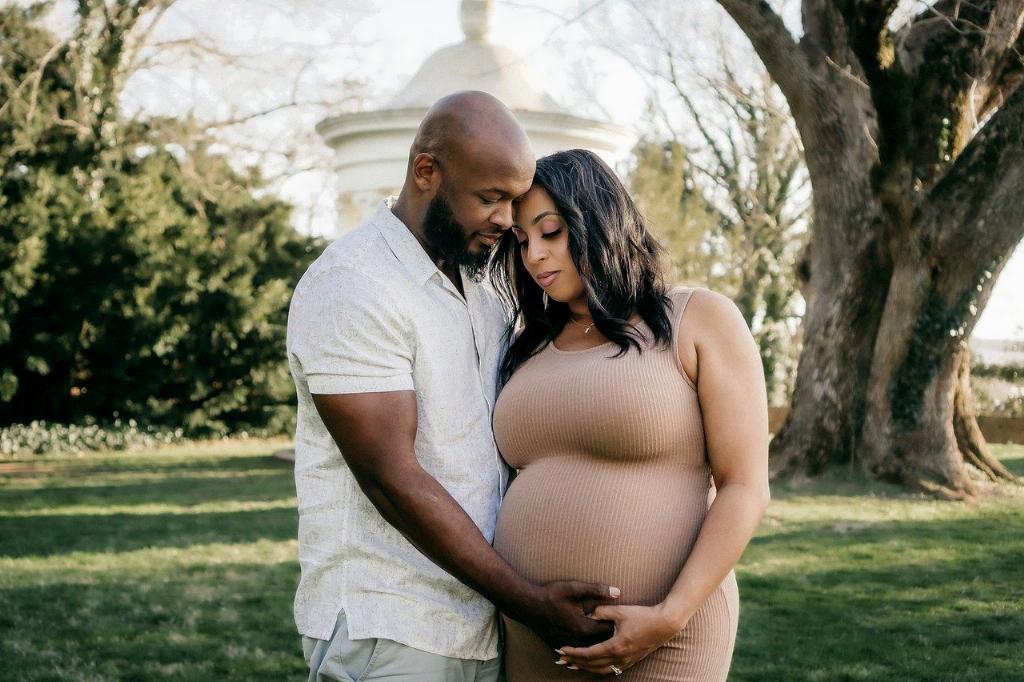Experiencing multiple miscarriages can be an emotionally devastating journey for any woman. The loss of a pregnancy can bring about a range of complex emotions, from sadness and grief to anger and confusion. It is essential to acknowledge and validate these feelings, allowing yourself the space to grieve and process the loss.
One way to stay positive after multiple miscarriages is to focus on self-care and well-being. Practicing mindfulness and self-compassion can help you nurture your emotional and mental health during this challenging time. Engaging in activities that bring you joy and relaxation, such as meditation, exercise, or creative pursuits, can be beneficial for your overall well-being.
Seeking support from loved ones, friends, or a therapist can also be invaluable in coping with the emotional aftermath of multiple miscarriages. Sharing your feelings and experiences with a trusted confidante can provide you with comfort, validation, and a listening ear during difficult moments.
It can be helpful to explore alternative coping strategies, such as journaling or art therapy, to express your emotions and process your grief. Keeping a record of your thoughts and feelings can help you track your emotional journey and identify patterns or triggers that affect your mood and well-being.
Engaging in self-reflection and introspection can also aid in navigating the challenges of multiple miscarriages. Taking the time to connect with your inner self, explore your beliefs and values, and reevaluate your goals and priorities can help you find meaning and purpose amidst the struggles.
Connecting with other women who have experienced similar challenges can provide you with a sense of community and understanding. Joining a support group or online forum for individuals grieving miscarriages can offer you a safe space to share your story, receive encouragement, and gain insights from others.
Practicing gratitude and focusing on the positive aspects of your life can help shift your perspective and cultivate a sense of resilience. Acknowledging the blessings and moments of joy in your life, no matter how small, can bring light and hope into your days, even amidst the darkness of loss.
Creating rituals or commemorative practices to honor the memory of your lost pregnancies can be a healing and comforting way to pay tribute to the unborn children. Lighting candles, planting trees, or writing letters can provide you with a sense of closure and connection to your little ones.
Setting boundaries and prioritizing your emotional well-being are crucial steps in navigating the aftermath of multiple miscarriages. Learning to say no to activities or people that drain your energy and cause stress can help you preserve your mental and emotional strength during this challenging time.
Exploring holistic healing modalities, such as acupuncture, yoga, or aromatherapy, can offer you alternative ways to nourish and restore your mind, body, and spirit. Integrating these practices into your daily routine can support your overall well-being and aid in the healing process.
Acknowledging and accepting your emotions, whether positive or negative, is an essential part of the grieving and healing process. Allowing yourself to feel the full spectrum of emotions, without judgment or suppression, can help you process your grief and move towards a place of acceptance and peace.
In conclusion, staying positive after multiple miscarriages is a deeply personal and challenging journey that requires compassion, resilience, and self-care. By engaging in self-reflection, seeking support, and exploring alternative coping strategies, you can navigate the complexities of grief and find moments of healing, hope, and growth along the way.

